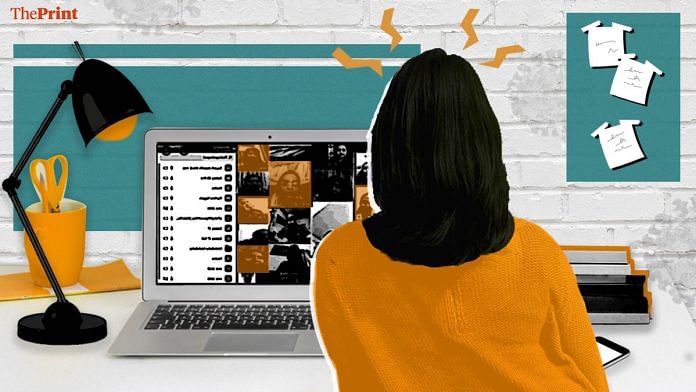While the whole country is battling with the second wave of Covid-19, we have returned to living the lifestyle we learnt last year, maintaining social distance, moving out only when it is important and always wearing a mask.
In the process, most of our day-to-day activities transformed to taking place on digital mediums. Our blackboard has now been replaced with our laptop screens, the whisper of our friends replaced with the chatter of our family members.
With the academic year coming to an end, an important question that arises for many educational institutions is how to conduct term-end examinations?
The fear that children may use unfair means to succeed in exams, pushed the authorities to look for alternate methods to conduct exams in the online mode, but while ensuring an environment similar to offline examinations.
To fulfil this motive, most institutions have opted for proctored examinations.
Proctored exams refer to exams that help in invigilating the behaviour of a student during the course of examination by monitoring one’s computer screen, video and audio. The data recorded by the proctoring software is transferred to the academic institution for review. The exam can be monitored either using AI or using human proctors.
Problems with proctored exams
However, there are a multitude of problems that arise with conducting a proctored exam. A proctored exam can be more nerve-wracking than a normal offline exam, because one is aware that someone or something is constantly monitoring every single move of theirs.
In case of human proctoring, it can be even more nerve-wracking since the person observing sits with a prejudice that the student will use unfair means during the course of the exam.
Furthermore, to give a proctored exam, one is required to have a well-functioning technological device connected to stable internet along with a room with quiet surroundings.
This leads to an assumption by educational institutes that all students come from a background of privilege and have access to all the aforementioned resources. In a country as diverse as India, it is unfair to go ahead with this assumption.
The problems with proctored examination are not just limited to lack of resources but also extend to violation of privacy.
Most proctored software prior to commencement of the exam require students to scan their whole room and give permission to the software to record their screen, audio and video without providing any details as to how long the data will be stored and who all will have access to that data.
This is a bigger problem than it might seem at first glance. A student’s sensitive information, stored at an unaccountable organisation, can put the privacy and safety of students at extreme risk, especially during a time when cyberattacks are taking place rampantly.
The way forward
The real question that educational institutions should ask themselves is whether conducting exams is of paramount importance, especially when the whole country is collectively in a state of grief and shock?
Is putting the pressure of performing well on exams the right thing to do when most students are either directly suffering from the infection or attending to someone who is in need?
This also highlights the toxic dependency our educational institutes have on exams to assess the abilities of their students.
The pandemic has provided our educational institutions with an opportunity in disguise. Instead of continuing with the redundant rote-learning system of conducting examinations, educational institutions can learn from their western counterparts of conducting open book exams or take home assignments.
These methods of conducting assessments will help in assessing the conceptual understanding of students along with giving them an opportunity to hone their critical thinking ability.
The evaluation is based more on the student’s capacity to analyse and interpret a concept, instead of checking their memory power. Furthermore, these assessments give students an opportunity to think out of the box and develop their individual thought process.
It is high time that our educational institutions understand the real objective behind education and adopt a new mode of assessment, which will help in enhancing the applicability of education received in classrooms.
Amira Dhawan is a student of Symbiosis Law School, Noida



